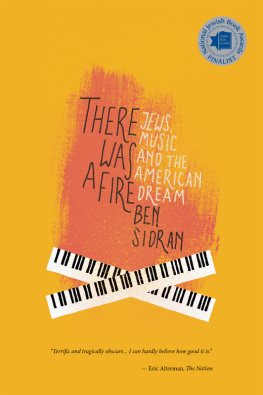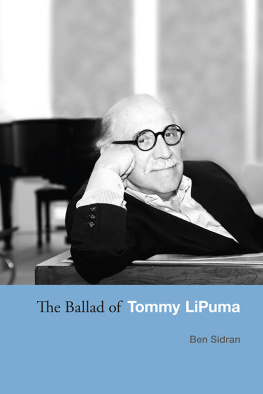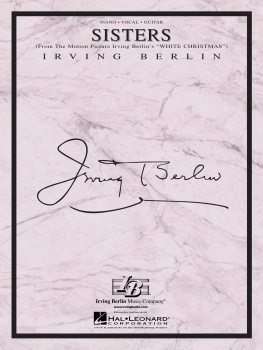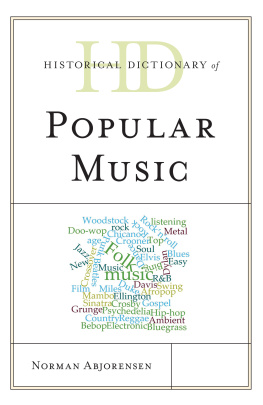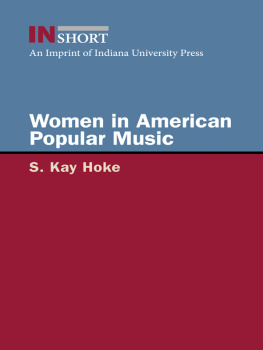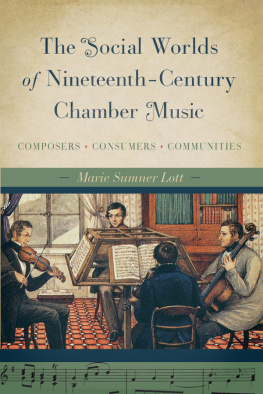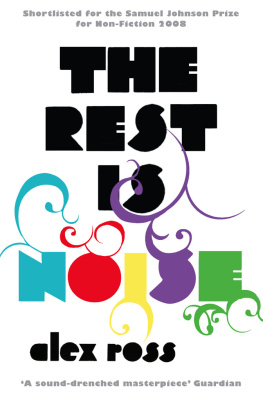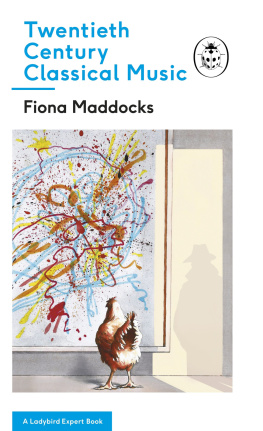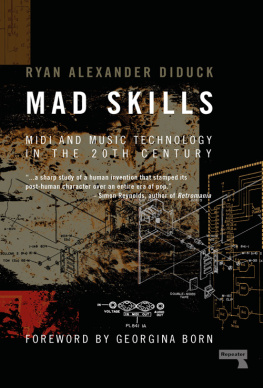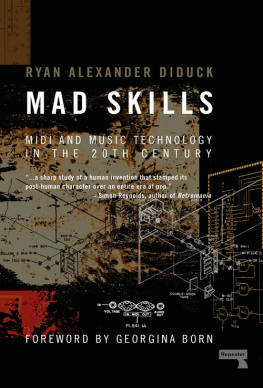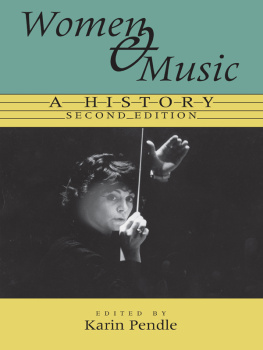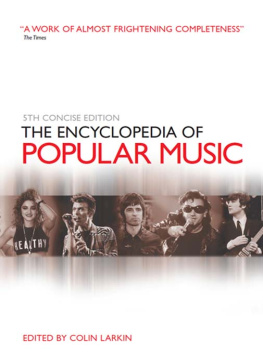
Ben Sidran has recorded thirty solo albums, produced recordings for artists Van Morrison, Diana Ross, Mose Allison, and Jon Hendricks, and is the music producer of the acclaimed film Hoop Dreams; he hosted Jazz Alive and Sidran on Record for National Public Radio and New Visions for VH-1 television. Sidran is the author of three previous books and holds a Ph.D. in American Studies from Sussex University.
Photo Credit: Giardini

Black Talk: How the Music of Black America Created a Radical Alternative to the Values of Western Literary Tradition
Talking Jazz: An Oral History
Ben Sidran: A Life in the Music
Music, videos, lectures, and links at:
www.bensidran.com


2012, 2014 by Ben Sidran, all rights reserved. Except as permitted under the U. S. Copyright Act of 1976, no part of this publication may be reproduced, distributed, or transmitted in any form or by any means or stored in a database or retrieval system without the prior written permission of the publisher.
Nardis Books is an imprint of Unlimited Media Ltd. www.unlimitedmedialimited.com Third Edition: January 2015 | 
|
Book design by Planet Propaganda
ISBN: 9781450753654


In the beginning
Man created God,
So he would not be alone,
Lost, without hope,
And God became that hope,
And hope became the reason to believe
That God created man.

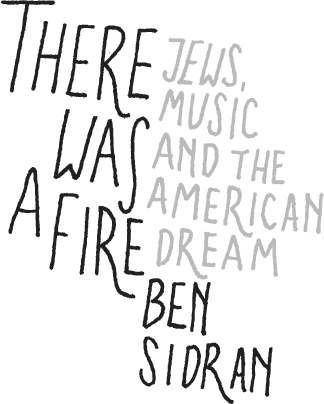

T he Hebrew language is very down to earth, conversational, and immediate. The translation of the torah (the first five books of the Old Testament) that most of us are familiar with in English is, however, rendered in Old English, based on the King James translation. This tends to make the Hebrew sound stilted and lofty to us today, not at all like the language of the street and the common man that it has always been. We read thy and thou, and begat, and it sounds distant and from another time. It was never intended that waythe teaching (the literal translation of the word torah) was meant to be for everyone at all times, from children to grandparents, and from the most simple person to the most erudite scholar. Before blaming poor King James, however, its important to recognize that his translation put Hebrew into what was, at the time, the everyday English spoken by the common man. Many generations later, clergymen and publishers retained the thys and thous either out of a sense of tradition, or because they felt it added a sense of important and separateness, of holiness. (The Hebrew word kedushah, which is translated as holy, literally means separate or apart.)
A contemporary translation of the torah to modern English would make it sound like it did to the ancient Hebrews who first wrote it down, would make it sound like the everyday conversations we overhear around us spoken in cities and in the country, in the mountains and in the plains, the language of all of us. It would sound more like the 20th Century American pop music that Ben Sidran writes about, and less like high opera. And this is what the American Jews who wrote this great and treasured canon were trying to achieveto create songs that captured the new American vernacular, that reflected the way we spoke to one another, and often as not provide us with concise lessons in how to live and love.
When Jews started coming to America in the early 1900s, we had been a people without a home for two thousand years, a people in exile. We had become expert at learning the morays and vagaries of different cultures, of picking up new languages and habits. But we had not become expert at assimilating, at fitting in. Everywhere we went, we were separate and apart, and not by our own doing. As outsiders we were mistrusted. Our religion was grossly mischaracterized, slandered, and misunderstood, giving rise to hideous stories about our rituals including that Jews engaged in child sacrifice every Passover. (The irony here of course is that the historical record shows that the Jews were the first of the ancient people to condemn child sacrifice through Abrahams embracing of monotheism; this is the central point of the Akeida, the story Ben describes in his Introduction.)
The central tenet of Judaism is monotheism, that there exists a single, just God who is not capricious, and who does not show favor to those in power. This image of God was a tremendous advance from the ancient pantheistic ones who were warring with one another and whose petty jealousies always seemed to be taken out on puny humans.
Judaisms central tenet is captured in a simple prayer that every Jewish child is taught to recite, the shema. American children typically learn the Hebrew alongside a stolid English translation full of those thys and thous, and other words we never hear anywhere else. The extraordinary thing about the shema is that it functions very much like a pop song. (Or is it that Jewish-American songwriters fashioned their songs after the shema?) It employs repetition, meter, and rhyme. Its catchy enough to stick in your head. Here for example, is how it might read in modern, conversational English, staying true to the way it sounds to native Hebrew speakers:
Hey buddylisten up! Our God is one God, and there is only one of him....
And heres what you need to do: love God with all your heart, with all your soul and with all your strength.
And these words that Im saying to you now come right from Him. They should live inside your heart. You should teach them thoroughly to your children. You should talk about and think about these words and what they mean when you are sitting in your house, when you are walking along the roadside, when you lie down to go to sleep and when you first wake up in the morning. You should make written reminders for yourself so that youll remember what Im saying here and be sure that the reminders are close to your hands, and that you can see them with your eyes. You should also write these words down on the front door of your house, and on the gate that leads to your garden so that youll remember them.
God reveals himself here to be an expert in learning theory, employing repetition, imagery, and above all, instructing us on the proper use of mnemonic devices. Its not sufficient to hear an important instruction oncewe humans forget too easily. If you say I love you to your significant other only once in the relationship, chances are he or she will think that you dont love him or her anymore, and your relationship will not last. Here God knows that we need to rekindle ideas not just in our minds but in our hearts. That by teaching things to our children we come to believe them more ourselves. That by talking about them throughout the day with our loved ones, by writing them down, they become more tangible and more real, so that eventually they stick in our heads. Such is the power too of pop songs. Experimental evidence in cognitive science now shows us that the average person can recognize hundreds of songs, and knows the lyrics to nearly as many. The answer, my friend, is blowin in the wind, God bless America, land that I love, Well I would not give you false hope, on this strange and mournful day, but the mother and child reunion is only a motion away are just a few of the words embedded in our consciousness through repetition, through talking about them, and through the beauty of the craftsmanship that went into them.
Next page
